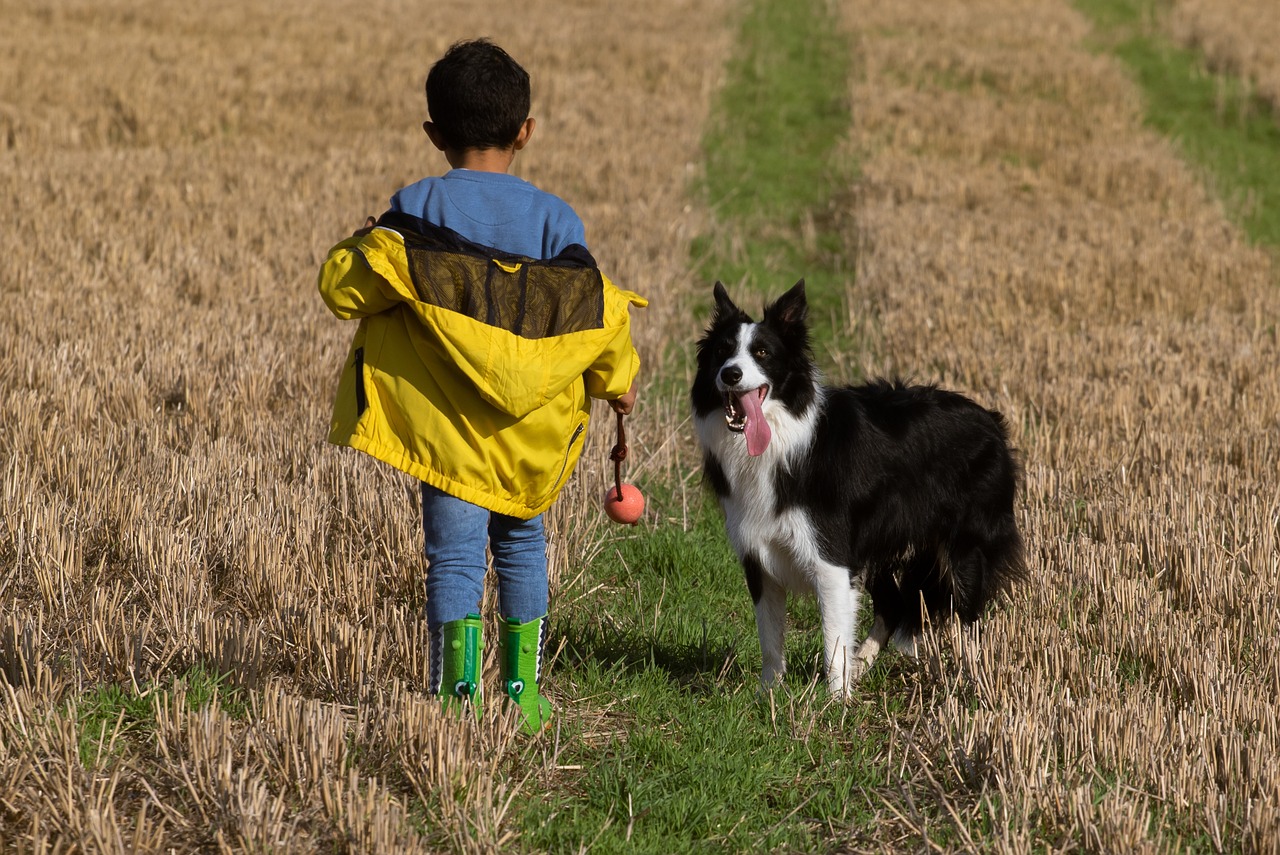Talking about the Past: The Spanish Preterite and Imperfect Compared
In this post, we’ll see the Spanish preterite and imperfect compared. Both tenses are commonly used in Spanish to talk about the past, but they’re not used in the same way. We’ll sort out those differences in this post. First, we’ll look at how the preterite is used in Spanish primarily to speak about completed actions. Then we’ll turn to the imperfect and see how it expresses ongoing or repeated actions in the past, without worrying too much about whether they were completed or not. Next we’ll look at sentences that include both tenses together. And Finally, we’ll have plenty of opportunity to practice the two tenses.
The Preterite: Completed Actions
First let’s look at the preterite. The preterite tense is used to describe actions that are completed, specific, and have a clear beginning or end in the past. Think of preterite actions as points in the past, rather than something that was going on for a long time. The major characteristics of the preterite are that there’s a specific time frame, meaning that the action occurred at a definite time in the past. The preterite expresses an action that happened once or was not repeated, in other words an action or state conceived of as a single point on a timeline. The preterite also expresses sequential actions, a list of events that follow one another on a timeline.
- Hoy me desperté temprano.
I woke up early today. - Ayer yo fui al supermercado.
Yesterday I went to the supermarket. - El sábado pasado hizo mucho frío.
Last Saturday it was very cold. - Anoche ellos vieron una película en casa.
Last night they watched a movie at home. - El ladrón entró por la ventana y se llevó el dinero.
The thief entered through the window and took the money. - Empecé mi trabajo hace cinco años.
I started my job five years ago.
The Imperfect: Ongoing or Repeated Actions
Now let’s look at the imperfect. The imperfect tense is used to describe ongoing, habitual, or repeated actions in the past without focusing on their beginning or end. An action in the imperfect may or may not be completed; when you use the imperfect you’re not really focusing on that. Instead you’re focusing on habitual actions, which are done repeated in the past. Or you’re giving background information, setting the scene or describing conditions, emotions, or states in the past. The imperfect also expresses ongoing actions in the past that were interrupted by something. (And that interruption is expressed in the preterite.)
- Cuando era niño, siempre jugaba con mis amigos en el parque.
When I was a child, I always used to play with my friends in the park. - Mientras ellos caminaban por la playa, encontraron un cangrejo.
While they were walking on the beach, they found a crab. - Todos los días mi abuelo leía el periódico por la mañana.
Every day my grandfather would read the newspaper in the morning. - Yo estaba muy nervioso antes del examen ayer.
I was very nervous before the exam yesterday. - De niño, yo tenía una iguana.
As a boy I had an iguana. - Hablábamos por teléfono dos veces a la semana cuando estábamos en la universidad.
We would talk on the phone twice a week when we were at university.
Using the Preterite and Imperfect Together
Next we’ll look at the two together. The preterite and imperfect often appear together in the same sentence. The imperfect provides the background or ongoing action, while the preterite indicates the action that interrupts or occurs within the ongoing action.
- Nosotros estudiábamos cuando empezó a llover.
We were studying when it started to rain. - Mientras tú leías, yo hacía café.
While you were reading, I was making coffee. - Mientras hacías la tarea, mi hermano empezó a cantar.
While you were doing homework, my brother started singing.
Key Questions to Decide Which Tense to Use:
- Was the action completed? Use preterite.
El coche paró de repente.
The car suddenly stopped. - Was the action habitual or ongoing? Use imperfect.
Cuando tenía diez años, me encantaba montar en bicicleta.
When I was ten, I loved riding my bike. - Did an action interrupt another ongoing action? Use imperfect for the ongoing action and preterite for the interrupting action.
Estábamos en casa cuando sonó el teléfono.
We were at home when the phone rang.
Practice 1
Finally, test yourself by completing the follow practice exercises. Choose either the preterite or imperfect of each verb in parentheses, then translate your answers. Look for clues in the rest of the sentence to decide what sort of past action the sentences is talking about. Is it a one time completed action? Or is it repeated? Is one interrupting the other? The answers and translations are given below.
- Ayer yo (ir) ______ al supermercado.
- Cuando era niño, siempre (jugar) ______ con mis amigos en el parque.
- Anoche ellos (ver) ______ una película en casa.
- Nosotros (estudiar) ______ cuando empezó a llover.
- De pequeño, tú nunca (comer) ______ verduras.
- El sábado pasado (hacer) ______ mucho frío.
- Mientras ellos (caminar) ______ por la playa, encontraron un cangrejo.
- El año pasado María (viajar) ______ a México.
- Todos los días mi abuelo (leer) ______ el periódico por la mañana.
- Yo (estar) ______ muy nervioso antes del examen ayer.
- La profesora (entrar) ______ al aula y empezó la clase.
- Cuando éramos jóvenes, nosotros (ir) ______ al cine todos los viernes.
- Tú (comprar) ______ una chaqueta nueva la semana pasada.
- Siempre (visitar) ______ a mis abuelos durante las vacaciones de verano.
- El coche (parar) ______ de repente en medio de la calle.
- Cuando (tener) ______ diez años, me encantaba montar en bicicleta.
- Ellos (trabajar) ______ mucho ayer para terminar el proyecto.
- Mi madre siempre (preparar) ______ la cena a las siete.
- En 2010 nosotros (mudarse) ______ a otra ciudad.
- Mientras (hacer) ______ la tarea, mi hermano empezó a cantar.
Practice 2
- Antes, tú (vivir) ______ en un apartamento pequeño.
- De repente, el perro (saltar) ______ sobre la mesa.
- Cada verano nosotros (ir) ______ a la playa con la familia.
- El mes pasado Juan (comprar) ______ un coche nuevo.
- Cuando era joven, yo (tener) ______ un gato blanco.
- Ayer por la tarde nosotros (jugar) ______ al fútbol en el parque.
- Siempre (nadar) ______ en el río cuando hacía calor.
- Yo (ver) ______ un accidente mientras conducía al trabajo.
- Mis amigos (hacer) ______ una fiesta sorpresa para mi cumpleaños el año pasado.
- Todos los inviernos nosotros (esquiar) ______ en las montañas.
- La semana pasada tú (encontrar) ______ una cartera en la calle.
- Mi abuelo siempre (contar) ______ historias interesantes.
- La película (terminar) ______ a las diez de la noche.
- Mientras tú (leer) ______, yo hacía café.
- Ellos (estar) ______ en el concierto por tres horas anoche.
- Antes de salir, yo siempre (revisar) ______ las ventanas.
- El lunes pasado Marta (ir) ______ al dentista.
- De niño, yo nunca (querer) ______ ir a la escuela.
- Mis padres (viajar) ______ a España todos los veranos.
- El ladrón (entrar) ______ por la ventana y se llevó el dinero.
Answers 1
- fui (preterite): Ayer yo fui al supermercado. Yesterday I went to the supermarket.
- jugaba (imperfect): Cuando era niño, siempre jugaba con mis amigos en el parque.When I was a child, I always played with my friends in the park.
- vieron (preterite): Anoche ellos vieron una película en casa.Last night they watched a movie at home.
- estudiábamos (imperfect): Nosotros estudiábamos cuando empezó a llover. We were studying when it started to rain.
- comías (imperfect): De pequeño, tú nunca comías verduras. As a child, you never ate vegetables.
- hizo (preterite): El sábado pasado hizo mucho frío. Last Saturday it was very cold.
- caminaban (imperfect): Mientras ellos caminaban por la playa, encontraron un cangrejo. While they were walking on the beach, they found a crab.
- viajó (preterite): El año pasado María viajó a México. Last year María traveled to Mexico.
- leía (imperfect): Todos los días mi abuelo leía el periódico por la mañana. Every day my grandfather read the newspaper in the morning.
- estaba (imperfect): Yo estaba muy nervioso antes del examen ayer. I was very nervous before the exam yesterday.
- entró (preterite): La profesora entró al aula y empezó la clase. The teacher entered the classroom and started the class.
- íbamos (imperfect): Cuando éramos jóvenes, íbamos al cine todos los viernes. When we were young, we used to go to the movies every Friday.
- compraste (preterite): Tú compraste una chaqueta nueva la semana pasada. You bought a new jacket last week.
- visitaba (imperfect): Siempre visitaba a mis abuelos durante las vacaciones de verano. I always visited my grandparents during summer vacations.
- paró (preterite): El coche paró de repente en medio de la calle. The car suddenly stopped in the middle of the street.
- tenía (imperfect): Cuando tenía diez años, me encantaba montar en bicicleta. When I was ten years old, I loved riding my bike.
- trabajaron (preterite): Ellos trabajaron mucho ayer para terminar el proyecto. They worked hard yesterday to finish the project.
- preparaba (imperfect): Mi madre siempre preparaba la cena a las siete. My mother always prepared dinner at seven.
- nos mudamos (preterite): En 2010 nosotros nos mudamos a otra ciudad. In 2010 we moved to another city.
- hacías (imperfect): Mientras hacías la tarea, mi hermano empezó a cantar. While you were doing homework, my brother started singing.
Answers 2
- vivías (imperfect): Antes, tú vivías en un apartamento pequeño. Before, you lived in a small apartment.
- saltó (preterite): De repente, el perro saltó sobre la mesa.Suddenly, the dog jumped on the table.
- íbamos (imperfect): Cada verano nosotros íbamos a la playa con la familia. Every summer we went to the beach with the family.
- compró (preterite): El mes pasado Juan compró un coche nuevo. Last month Juan bought a new car.
- tenía (imperfect): Cuando era joven, yo tenía un gato blanco. When I was young, I had a white cat.
- jugamos (preterite): Ayer por la tarde nosotros jugamos al fútbol en el parque. Yesterday afternoon we played soccer in the park.
- nadaba (imperfect): Siempre nadaba en el río cuando hacía calor. I always swam in the river when it was hot.
- vi (preterite): Yo vi un accidente mientras conducía al trabajo. I saw an accident while driving to work.
- hicieron (preterite): Mis amigos hicieron una fiesta sorpresa para mi cumpleaños el año pasado. My friends threw a surprise party for my birthday last year.
- esquiábamos (imperfect): Todos los inviernos nosotros esquiábamos en las montañas. Every winter we skied in the mountains.
- encontraste (preterite): La semana pasada tú encontraste una cartera en la calle. Last week you found a wallet on the street.
- contaba (imperfect): Mi abuelo siempre contaba historias interesantes. My grandfather always told interesting stories.
- terminó (preterite): La película terminó a las diez de la noche. The movie ended at ten at night.
- leías (imperfect): Mientras tú leías, yo hacía café. While you were reading, I was making coffee.
- estuvieron (preterite): Ellos estuvieron en el concierto por tres horas anoche. They were at the concert for three hours last night.
- revisaba (imperfect): Antes de salir, yo siempre revisaba las ventanas. Before leaving, I always checked the windows.
- fue (preterite): El lunes pasado Marta fue al dentista. Last Monday Marta went to the dentist.
- quería (imperfect): De niño, yo nunca quería ir a la escuela. As a child, I never wanted to go to school.
- viajaban (imperfect): Mis padres viajaban a España todos los veranos. My parents traveled to Spain every summer.
- entró (preterite): El ladrón entró por la ventana y se llevó el dinero.The thief entered through the window and took the money.
Get on the road to speaking Spanish with the Language Garage!
We hope you’ve enjoyed learning about the Spanish preterite and imperfect compared. If you’re interested in learning more, check out our other posts on Spanish language, culture, and more. If you’re looking for convenient and affordable live Spanish lessons with a real teacher, visit The Language Garage. Our lessons are affordable and fun, and they’re given online in a virtual classroom, so it doesn’t matter where you live or work – we can come to you. We have flexible options, with a free trial so that you can decide if there’s a fit. Check us out!




